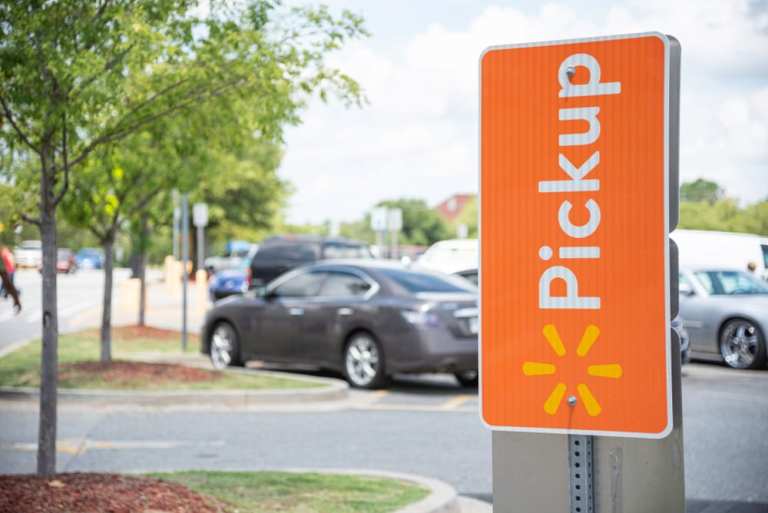Late Holiday Shoppers Made More Use Of Store Pickup

This past Christmas was one for the procrastinators, as people seemed to be more comfortable shopping for gifts much later in the season, according to a report from CNBC. They also utilized more in-store pickups for items purchased online.
Target CEO Brian Cornell noticed the trend, saying he had seen more people shopping later into December as opposed to years prior.
And overall retail sales in the U.S. were stronger this December due to so many people putting off their shopping. More customers turned to physical retail as opposed to online shopping, too, due to time being of the essence.
According to Cornell, Target had more than five times the number of products prepared for curbside pickups from eCommerce orders this past Dec. 24 as opposed to a year before.
Target’s holiday sales weren’t as good as the company had hoped. But on the bright side, purchases using buy online and pick up in-store (BOPIS), curbside pickup or same-day delivery this November and December had doubled from previous years.
Target’s experience over the holidays is not a unique one. More and more retailers are seeing a rise in people ordering things on the internet and picking them up at a brick-and-mortar store. The idea is to make digital sales more profitable by lowering shipping costs, as the form of purchasing becomes more and more popular.
Companies like Walmart, for example, lose money on digital orders, but if they can convince customers to drive to a physical store to pick up an item, they can save money.
Nordstrom was an early adopter of the idea. Co-president Erik Nordstrom said they saw a significant change in that type of activity this year, and that he was glad they were able to engage customers more often across different ways of selling goods. Nordstrom has ramped up openings of their smaller Local stores, which don’t sell any items, but serve as hubs for people to pick up digital orders.
Other companies, such as Kohl’s, Bed Bath & Beyond and Best Buy, are trying to implement similar innovations.
Overall online sales rose 14.6 percent this holiday season. According to the National Retail Federation (NRF), that was slightly better than expected.
According to CNBC, non-mall retailers like Target, Walmart and online retailers were out-performing traditional retail giants like Macy’s last year.
Retail watchers also expected customers to send back a record number of purchases, around $100 billion in unwanted goods.